What would you do with these melons?
Shelley Smith
11 years ago
Related Stories
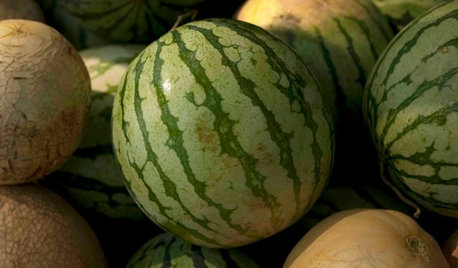
GARDENING GUIDESSummer Crops: How to Grow Melons
Drink in the refreshing sweetness of melons from your own garden this summer — they can last well into fall too
Full Story
ORANGESangria Hues: Punch Colors for the New Year
Cheers to Mixing Reds, Melon-Orange, Pinks and Citrus Colors
Full Story
EDIBLE GARDENSSummer Crops: How to Grow Watermelons
You might not need as much space as you think to get this summer mainstay to spring up in your garden
Full Story
EDIBLE GARDENSGarden BFFs? Why Your Vegetables Are Begging for Companion Plants
Foster friendships among plants for protection from pests, pollination support and color camaraderie
Full Story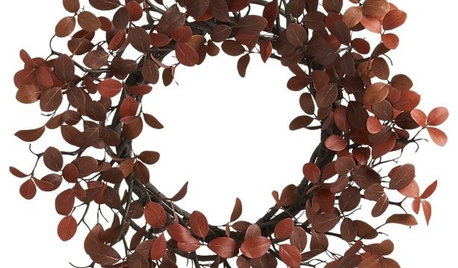
PRODUCT PICKSGuest Picks: Warm Fall Finds for the Home
Whether warm in color or texture, these decorative pieces will help take the chill out of the air this season
Full Story
COLORColor of the Week: Mango
Use a bit of bold, fun, summery orange on bedroom accent walls, kitchen cabinetry and more
Full Story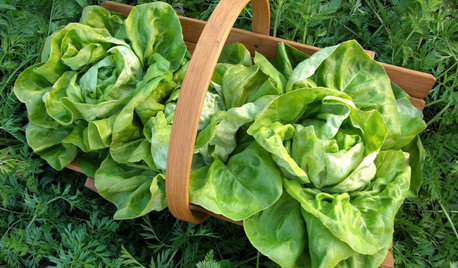
GARDENING GUIDES10 Easy Edibles for First-Time Gardeners
Focus on these beginner-friendly vegetables, herbs, beans and salad greens to start a home farm with little fuss
Full Story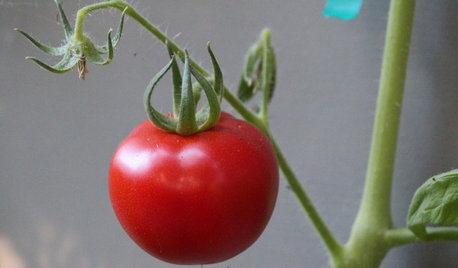
FARM YOUR YARDIf You Have Room for Only One Summer Crop ...
Get an edible that’s long on flavor even if you’re short on space, with a long-time gardener’s favorite picks
Full Story
EDIBLE GARDENSHow to Grow Your Own Sweet Summer Crops
This guide will help any gardener get started on growing the freshest warm-season veggies and berries for summer
Full Story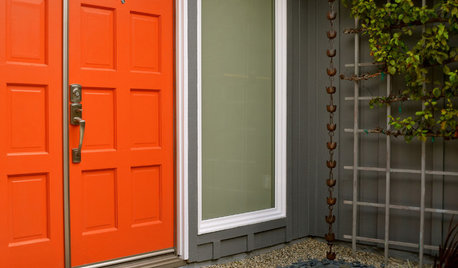
MOST POPULARHow to Choose a Front Door Color
If choosing a door paint isn't an open-and-shut case for you, here's help
Full StoryMore Discussions







elkwc
slowpoke_gardener
Related Professionals
Cottonwood Landscape Architects & Landscape Designers · Garden City Landscape Architects & Landscape Designers · Arlington Landscape Contractors · Cerritos Landscape Contractors · Commack Landscape Contractors · Hoffman Estates Landscape Contractors · Huntington Landscape Contractors · North Richland Hills Landscape Contractors · Pleasanton Landscape Contractors · Tyngsboro Landscape Contractors · Albemarle Decks, Patios & Outdoor Enclosures · Cincinnati Decks, Patios & Outdoor Enclosures · Glasgow Decks, Patios & Outdoor Enclosures · Livingston Decks, Patios & Outdoor Enclosures · North Myrtle Beach Decks, Patios & Outdoor EnclosuresOkiedawn OK Zone 7
soonergrandmom
Shelley SmithOriginal Author
soonergrandmom
Okiedawn OK Zone 7
Shelley SmithOriginal Author
Shelley SmithOriginal Author
Okiedawn OK Zone 7